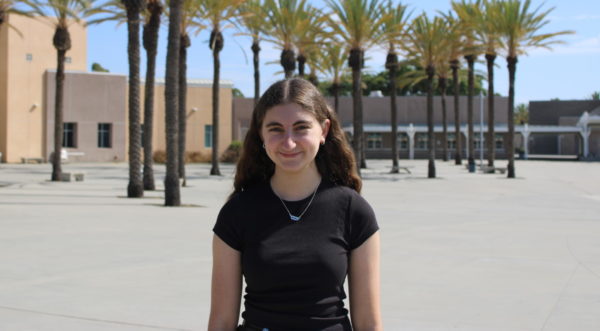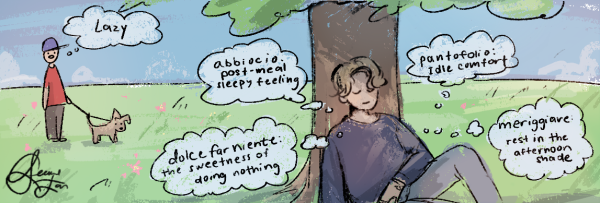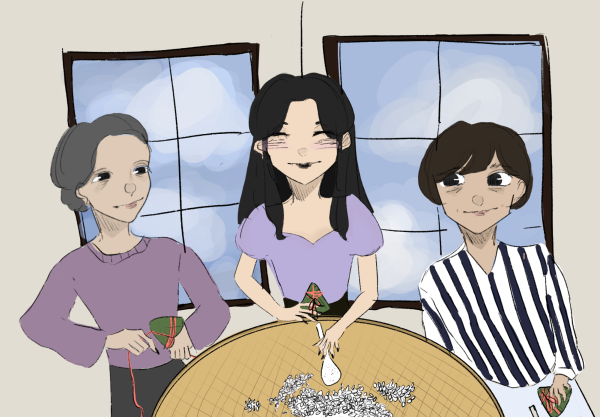Asking questions does not make you seem less smart
March 17, 2023
It’s in our nature as humans to wonder about things. In fact, Google processes 8.5 billion searches per day. That’s 8.5 billion things that humans around the world wondered about and decided to actively question.
Questions have always played an integral role in my learning. In Judaism, questions are encouraged. In fact, they are embedded into many religious traditions. During the Jewish holiday of Passover, it is traditional for the youngest attendee of the ceremonial meal, the Seder, to ask The Four Questions, or the Ma Nishtana. They ask the all-important question of ‘why?’ This encourages all attendees of the Seder to think about the reasoning behind our traditions. Instead of dipping our vegetables twice, dining in a reclined position, and eating bitter herbs solely because it’s customary, we learn the justification instead of blindly going along with the tradition.
My favorite question has always been ‘why?’ Upon being told something, young kids love to ask ‘why?’ over and over again. While this can seem annoying, I miss that sense of youthful curiosity that, as we grow up, is often overpowered by the fast pace of life and our desire to get to the answer quickest, no matter the justification. What about the process? How do we arrive at our answers? That is what really matters, not the bubble I filled in with my pencil on the SAT answer sheet. Yet those tiny circles are what we’re graded on, even though real learning should be measured by the journey to an answer—why I chose to fill in that circle.

This curiosity about how the world works has been instilled in me from a young age. It’s the children at the Seder table who are encouraged to be the voice of our wonder. Doubt, curiosity, and individual thinking have always been emphasized in my life
Because of this, I find myself questioning why students often feel reluctant to ask questions for fear of it making them look dumb or unintelligent. I genuinely find asking questions to be fun. There is a world of possibilities that a single question can open up.
If I don’t understand something, I’m going to ask about it, whether that be to explain a math problem or clarify instructions. I know that this doesn’t make me look unintelligent but rather shows that I’m paying attention and willing to be involved in my own learning. Even when I do understand something, if you look over at me during class, you’ll frequently see me with a furrowed brow, squinting at the whiteboard, thinking, processing, wondering. And then, I ask. Sometimes, it’s a question typed into Google. Sometimes, it’s a raised hand. Sometimes, it’s an introspective question I ask myself. I wonder about the reason behind grammar rules and math formulas, why we have certain religious traditions, how you arrived at that answer, and why you decided to share it. There is so much in the world to learn about. Why do we drag our feet through school, suffer through the longest classes, and walk away with no real answers for fear of asking a question?
The first step of the scientific method is to make an observation or ask a question. It is true that without questioning, there would be no answers, and almost everything we interact with in our daily lives, from electricity to pre-sliced bread, would be erased. Actually, the inventors of Google even started with a question: how to organize the information found on the Internet and make the knowledge available to the masses.
Questions are at the core of humanity. From religion to societal advancements, they guide our every discovery. We are on a constant quest of unearthing the meaning of the world around us, Whether it’s raising a hand in class or posing a deeper, philosophical query, questions are a vehicle for advancement.






